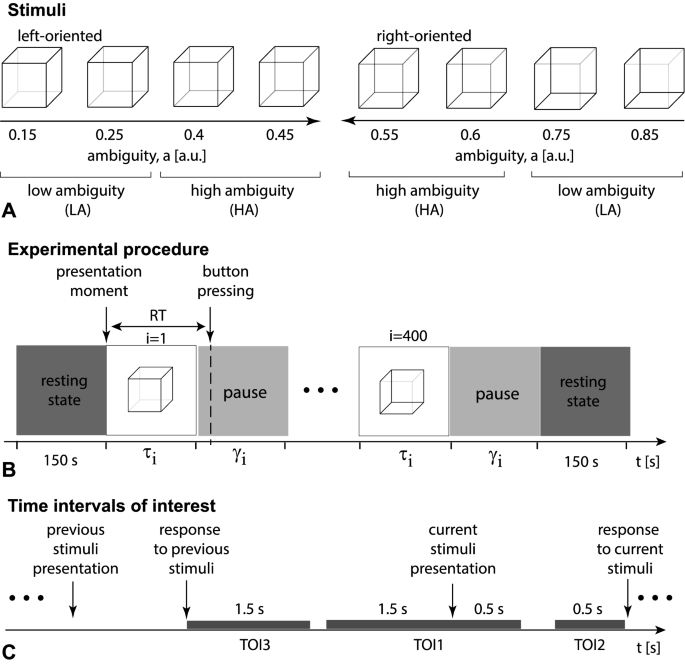HeadOn

Aristotle, Kars 4 Kids, and the science of repetition
Hi (No) Wonder Friends,
I completed my urology residency training on the east coast, the birthplace of a repetitive jingle so infamously catchy that it became the official song of The Bad Place.
A jingle so diabolical it's perfect for The Bad Place.
Since residency, I’ve learned so much throughout almost a decade of study and practice (including a year of graduate-level sex therapy training) as a full-fledged attending urologist. One might think that this would be enough to push that damn jingle out of my head, and one would be wrong about that. I’ve also had two bouts of COVID – I don’t recommend this to anyone, but maybe a silver lining is that the COVID fog can cover the part of the brain that stores the Kars 4 Kids jingle? Unfortunately, like a cockroach after a nuclear holocaust, that odious tune persists.
Move over “HeadOn, apply directly to the forehead”… you’ve got company.
So why do these jingles live rent-free in our heads? Why do we remember them when we can’t remember what we had for breakfast this morning, or the names of the new neighbors we met at that block party?
Another advertising legend, Shaquille O’Neal (whom I understand also played some basketball), hinted at this when he asked to be called The Big Aristotle:
"From this day on I would like to be known as the Big Aristotle," Shaq said, per Time. "Because it was Aristotle who said excellence is not a singular act but a habit. You are what you repeatedly do."
(Knowledge is knowing that Aristotle never actually said that, but wisdom is not telling that to a 7’1” 325 lb pro athlete who wears size 22 shoes.)
Anyway, the point remains:
You are what you repeatedly do. You are what you repeatedly do. You are what you repeatedly do. You are what you repeatedly do. You are what you repeatedly do.
An investigation into the neurobiology of repetition and its effect on neural pathways suggests that “you are what you repeatedly do” is literal, as repetition increases the activity of the hippocampus both during stimulus onset and after the response. The increased hippocampal activity helps code memory of the stimulus and its response.

The dark side of this is that yes, unpleasant repetitive cues aren’t going anywhere easily. But the silver lining of this is that the memory script can be rewritten in a manner similar to the way in which it was originally written: repetitively. No one’s saying it’s easy, and indeed it isn’t, but knowing how the hippocampus codes memories into the brain can help us willfully and mindfully rewire our own brains to change elements of our sexual and relationship scripts. We can harness the power of repetition for good purposes. Why let end-stage capitalist plutocrats and sketchy nonprofits have all the fun of wiring our brains?
Now if you’ll excuse me, I’m going to do something to get that damn Kars 4 Kids jingle out of my head for a bit.
Neural Plasticity FTW,
Merrit

